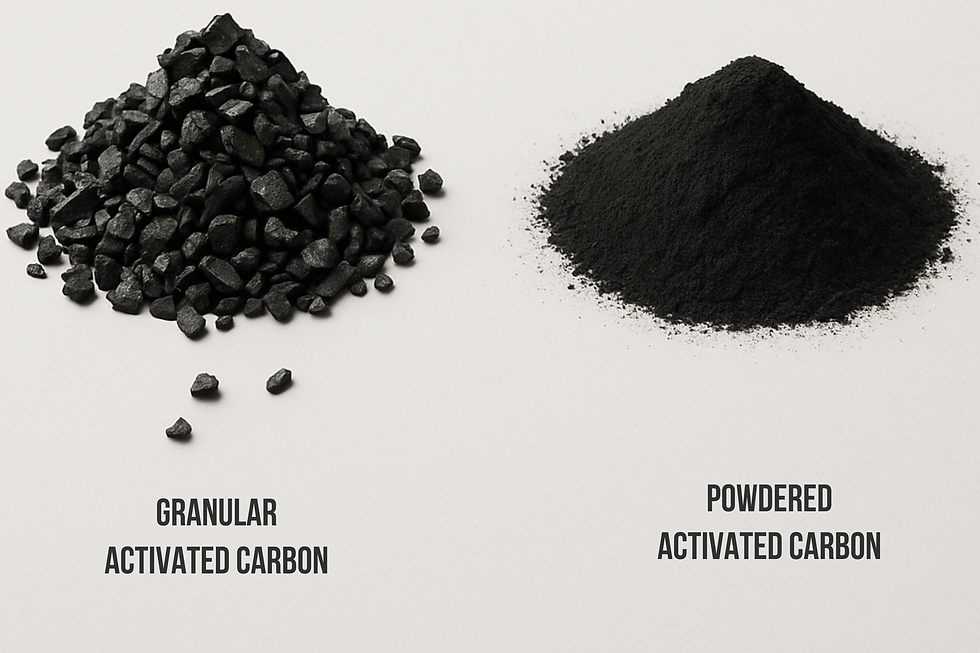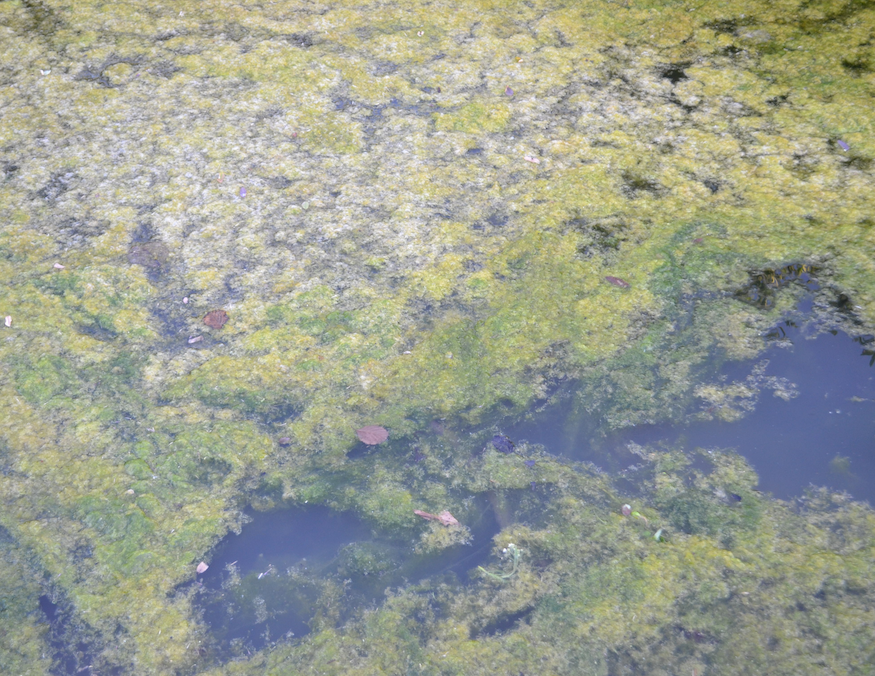Cleaner, Safer Water: The Role of Activated Carbon Filters in Modern Wastewater Treatment
- Bygen
- Jul 31, 2025
- 3 min read
Updated: Nov 2, 2025
A global water crisis is looming, with UNESCO estimating that more than 1.8 billion people will cope with water scarcity by 2025. With rapid urbanisation, industrialisation, and global warming affecting freshwater resources, it is necessary to focus on water treatment. One widely adopted method in wastewater treatment is the use of activated carbon filters, which effectively remove odours, unpleasant tastes, trace organic chemicals, and other persistent pollutants before treated water is discharged or reused.
Environmental regulatory authorities are increasingly enforcing stringent wastewater management policies and rolling out updated guidelines, prompting the adoption of innovative treatment techniques to comply with these requirements. Among the diverse solutions available, activated carbon filtration systems are emerging as a leading choice, valued for their environmentally friendly approach, dependable performance, and straightforward implementation. Activated carbon stands out in wastewater treatment due to its remarkable capacity to adsorb a broad spectrum of pollutants, alongside its affordability and sustainable attributes, positioning it as an ideal solution for tackling contemporary wastewater issues.

What are Activated Carbon Filters?
Activated carbon filters have become the prime choice for water purification. Activated carbon undergoes a unique activation process, which improves its porosity and surface area. Then it becomes capable of adsorbing many more contaminants, making it ideal for effective wastewater treatment.
Activated carbon is developed from natural resources, including coal, wood, and coconut shells. The last one is preferred for its sustainability and fine pore structure. These are carbonised at high temperatures to create a highly porous product. When used in a filter, the material can capture a wide range of dissolved impurities, making it very effective in sewage wastewater treatment.

How do activated carbon filters work in wastewater treatment?
Activated carbon is effective in treating wastewater due to its high adsorption capacity. As wastewater flows through the filter, pollutants are captured by an activated carbon surface. They are available in two forms: powdered activated carbon and granular activated carbon. GAC is used mostly in fixed-bed filters, while PAC is meant for short-term usage.
The market is flooded with products for treating wastewater, and one such solution is Bygen’s Bysorb AquaGuard, designed to target PFAS in municipal and industrial water streams.
Activated carbon filters can adsorb various pollutants, including some heavy metals such as lead and mercury, although their effectiveness depends on factors like the specific metal and water chemistry. These filters are used in pre-treatment and tertiary treatment stages to improve water quality.

Major benefits of activated carbon in wastewater treatment
Using activated carbon filters in wastewater treatment offers some major advantages:
Excellent contaminant removal - The porous structure effectively captures trace-level pollutants for better wastewater treatment.
Reliable solution - Once set up, these filters require little energy and mechanical components. This reduces operational costs and maintenance needs.
Water reuse - With high purity levels, activated carbon enables water reuse in agricultural, industrial and other setups.

Applications in wastewater management
Activated carbon filters are effective in various wastewater treatment applications, including both municipal and industrial setups. In the latter, they help capture and discard industry-specific contaminants from water.
In municipal usage, these filters help remove trace pollutants and odours effectively. Additionally, activated carbon filters are employed in PFAS removal, particularly effective against long-chain compounds such as PFOA and PFOS, though they are less effective for short-chain PFAS and require regular maintenance.
Summing it up
Activated carbon filters are highly effective, environmentally friendly, and adaptable solutions for treating wastewater. They help remove many regular and stubborn pollutants, including heavy metals, from water, making activated carbon ideal for industrial and civic–level water purification setups. As the world moves toward sustainable water management practices, this will be crucial for delivering cleaner and safer water for ecosystems and communities.


